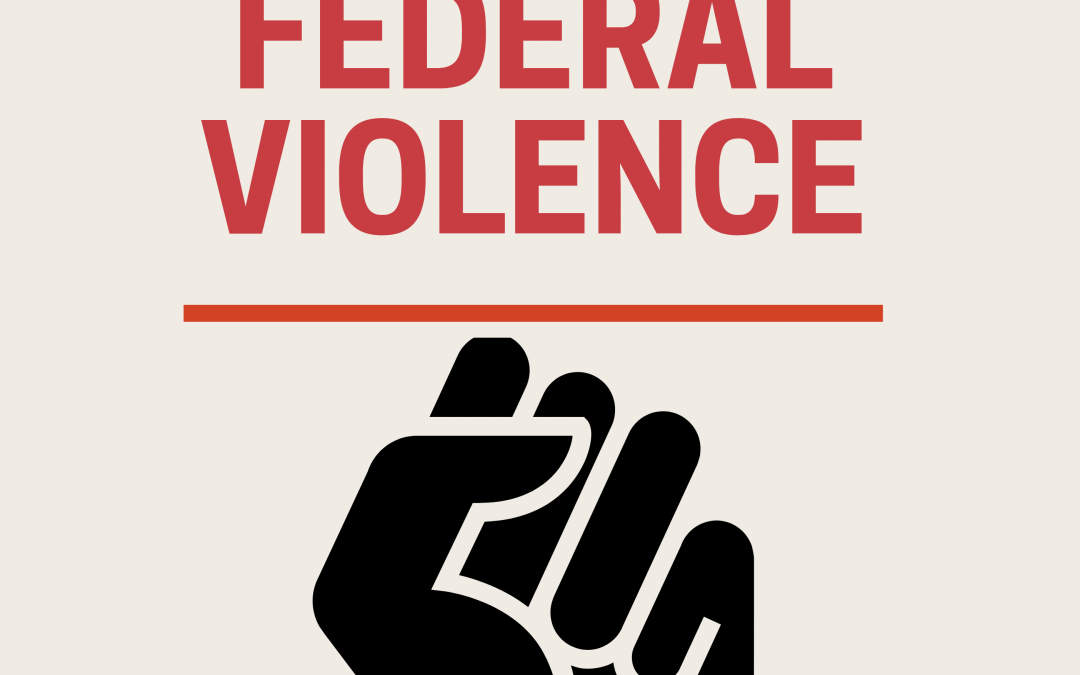The National Association of Social Workers (NASW) on September 10, 2021, along with 32 other civil rights and public interest organizations, participated in the K.R. v. Duluth Edison Charter Schools amicus brief led by National Women’s Law Center (NWLC). The amicus brief supports four elementary and middle school students of color who allege they were subject to racial taunting and physical assaults regularly while at school and were subjected to a hostile education environment based on their race.
The lawsuit, filed in the federal district court of Minnesota, asserts race discrimination claims under the Equal Protection Clause of the Constitution (pursuant to 42 U.S.C. § 1983), Title VI of the Civil Rights Act of 1964, and Minnesota’s Human Rights Act; a retaliation claim under Title VI and Minnesota’s Human Rights Act; and a failure to train claim under 42 U.S.C. § 1983.
Our amicus brief supported the plaintiffs’ challenge, specifically arguing as a policy matter that disproportionate rates of school discipline for Black students denies them equal educational opportunities and benefits. We provided policy arguments on how school appearance and grooming policies and practices lead to discrimination against Black students. Our brief also highlighted that when schools force Black students to cut or otherwise change their hair, it can cause serious emotional harm.
A copy of the K.R. v Duluth Edison Charter School amicus brief is attached and can also be found in NASW’s LDF amicus brief database.




